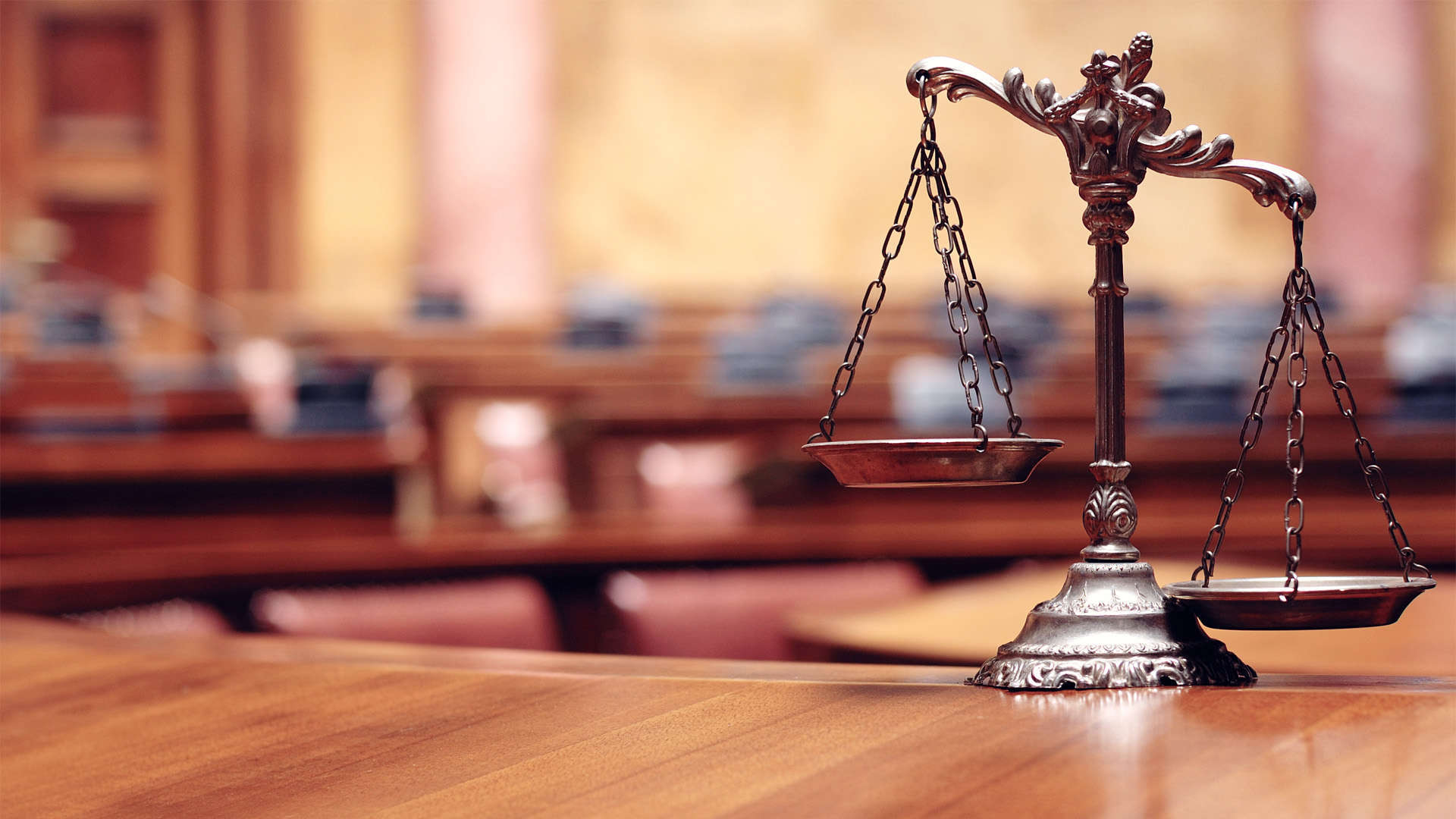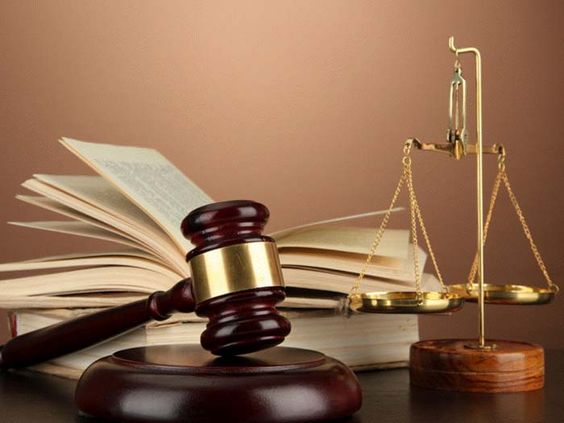Do I need a Will? We believe that it is important for everyone to have a Will. Whether private, corporate or charitable. the team offers an efficient service in all aspects of trusts, wills and estates of all size and degree of complexity. With over 20 years of experience, we can help you make a Will that suits your situation and give you up-to-date Will information.
What is a Will?
A will is a document that directs the distribution of the your assets after your demise to your designated heirs and beneficiaries. It can also include your instructions for matter that require decisions after your death, such as appointment of an executor, appointment of a legal guardians for your minor children, or directions for your funeral and burial.
A will is important because it covers how your assets get distributed after your demise as many issues arose because family members are fighting over your assets or inheritance,
Will Act 1959 (Malaysia)
In Malaysia, will writing for non- Muslim are governed by the Will Act 1959 whereas will writing for Muslim are governed by Shariah Law, also known as a wasiat. Several states in Malaysia have their own State Ordinance governing wasiat.
The WA 1959 states that a will is "a declaration intended to have the legal affect of an testator's intentions concerning his property or other matters which he desires to be carried into effect after his death".
The Act says that a will includes a testament, a codicil (a supplementary document with modifications to your last will) and an appointment by will or by writing. Besides the distribution of assets, guardianship or custody of a child can also be included in a will.
Why do I need a Will?
Without a Will, your assets could give more troubles than benefit to your family at a time when they are most vulnerable. Your loved one could be involved in a long drawn legal process or fighting in a complex legal battle with other family members.
If someone is demise, their assets will be frozen. The following are the legal administration process that will unfreeze the assets of the demise (in general with exception):
A. With a Will
The executor appointed in the Will need to apply Grant of Probate (GP) at the High Court. The GP can be obtained within 3 months to a year. Once the GP is extracted and all debts of the deceased settled, the Executor will distribute the estate according to the Will.
Role of an executor
The executor’s role is to ensure that whatever is written in your will is carries out accordingly. The executor will do the following:
- Locate your will.
- Apply to the court for grant of probate – when a person is granted with the grant of Probate, the executor is allowed to administer the assets of the deceased.
- Call in your assets.
- Pay off any debt or liabilities.
- Distribute your assets as per your will.
- Prepare a statement of account.
When your executor takes charge of your assets, the executor will assume the role of a trustee, this means that the executor will hold your assets on trust for your beneficiaries until the distribution is completed.
According to WA 1959 you can appoint an executor who is:
- 18 years and older (up to four executor).
- Name people to replace any of your executors should they predecease you.
- A beneficiary can be the executor (not witness).
Always inform the executor and obtain their consent before appointing them as an executor.
Alternatively, you can appoint a trust company. The decision on who to appoint depends on the size of your estate and how complex your will is.
Executor fee
Normally the fee will be 1% of the estate.
Executor holds a lot of responsibility on their hands. Will executor fees be paid to you executor for holding the liability and doing the work to ensure your estate is distributed according to your will.
B. Without a Will
The legal beneficiaries of the deceased’s estate need to apply LA. One or two administrator(s) will need to be appointed for this purpose. Upon extraction of LA, the administrator(s) will distribute the net assets of the deceased (after settling all his debts) according to the Distribution Act 1958 (DA 1958) (as amended in 1997). The DA 1958 does not apply to Muslim.
If you die without a will, all your assets will be distributed according to the DA 1958. Your wishes or needs of your family member will not be considered.
It could also take some time for your assets to be distributed – sometimes up to five years. This may pose an issue if you are the sole breadwinner of your family or have dependents.
Furthermore, the time taken for the administrator to distribute your assets is long which may cause the assets may depreciate over time.
Allocation of assets under DA 1958
| Parent(s), spouse, issue(s) | Parent(s) (1/4), Spouse (1/4), Issue(s) (2/4) |
| Spouse, issue(s) | Spouse (1/3), issue(s) (2/3) |
| Parent(s), issue(s) | Parent(s) (1/3), issue(s) (2/3) |
| Parent(s), spouse | Parent(s) (1/2), spouse (1/2) |
| Parent | Whole Estate |
| Spouse | Whole Estate |
| Issue | Whole Estate |
| Non | Next of kin (grandparents, siblings, uncles and aunties, the governement |



